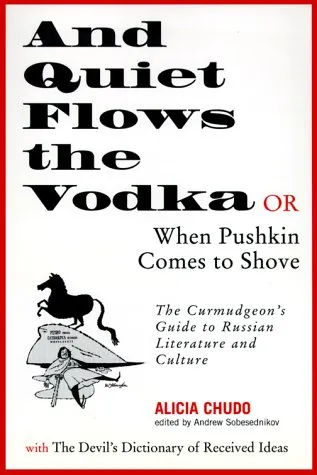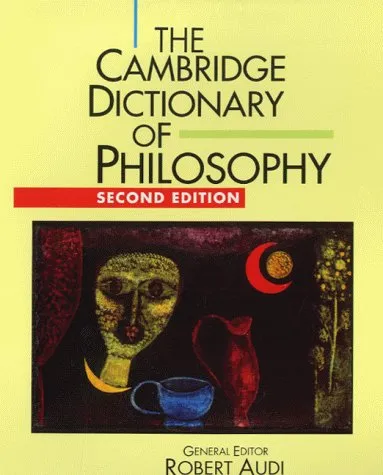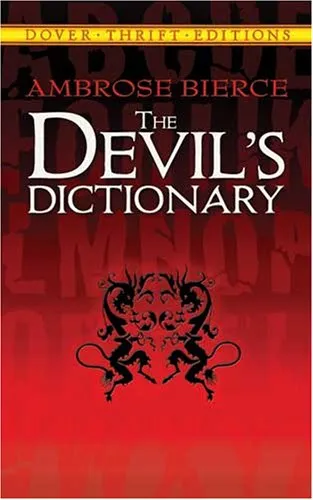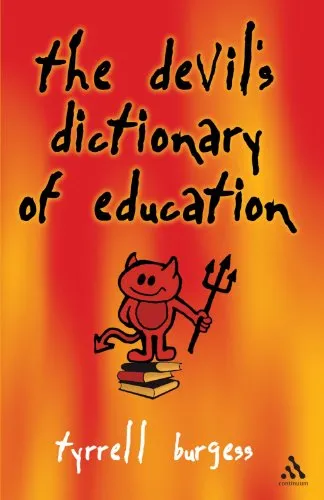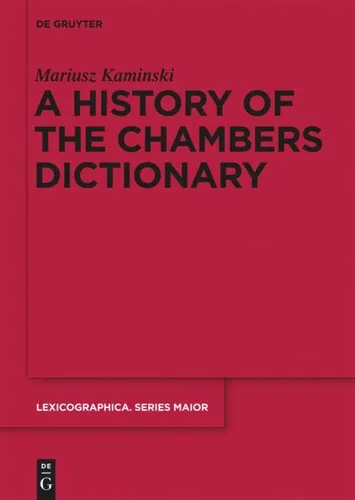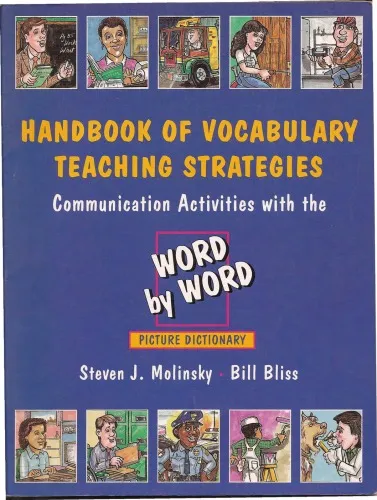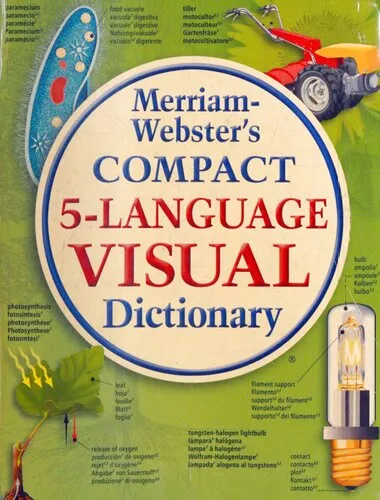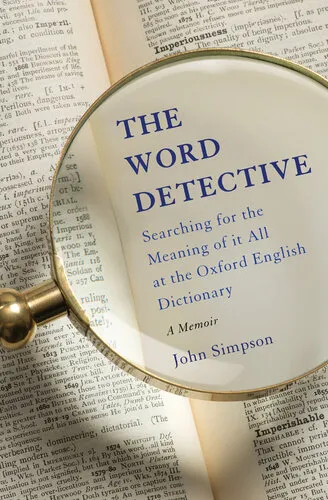And Quiet Flows the Vodka: or When Pushkin Comes to Shove: The Curmudgeon's Guide to Russian Literature with the Devil's Dictionary of Received Ideas
4.0
Reviews from our users

You Can Ask your questions from this book's AI after Login
Each download or ask from book AI costs 2 points. To earn more free points, please visit the Points Guide Page and complete some valuable actions.Related Refrences:
Introduction to 'And Quiet Flows the Vodka: or When Pushkin Comes to Shove'
Welcome to a curmudgeon's exploration of Russian literature, where wit, satire, and scholarly insights combine to offer readers a unique take on some of the world's most revered literary traditions. "And Quiet Flows the Vodka: or When Pushkin Comes to Shove" is a delightful journey through the oft-dreaded territory of Russian literature, brought to life by the keen observations and humorous lens of Alicia Chudo and Gary Saul Morson. This guide is particularly valuable for those who wish to navigate the dense woods of Russian classics with a seasoned, albeit humorous, literary cartographer.
Detailed Summary of the Book
In "And Quiet Flows the Vodka," the authors set out to provide an unconventional guide to Russian literature, aiming to demystify and, if not quite debunk, then certainly playfully critique the venerated works and figures of Russia's literary canon. The book approaches its subject matter with a mix of irreverence and admiration, encouraging both devoted Russophiles and newcomers to question the established interpretations of classic texts. Through incisive commentary, parody, and a healthy dose of sarcasm, the authors engage with the texts of Pushkin, Dostoevsky, Tolstoy, and others. The work serves both as a deconstruction of the classics and a playful companion guide, challenging readers to appreciate the humor and absurdity often lurking within the formal study of literature. One of its most striking features is a "Devil's Dictionary of Received Ideas," a satire-laden glossary offering skewed definitions of commonly held beliefs about Russian literature.
Key Takeaways
- Even revered literary works can be approached with humor and irreverence, encouraging fresh perspectives.
- The book challenges readers to go beyond traditional interpretations and consider what makes Russian literature both enduring and, at times, overly celebrated.
- Through its playful critique, the book illustrates how cultural and literary criticism can be accessible and engaging to a broad audience.
- The "Devil’s Dictionary of Received Ideas" provides further insights by lampooning widely accepted notions about Russian literature.
Famous Quotes from the Book
"If it can be demystified, it should be. And if it cannot, well, at least laugh at the struggle."
"Reading Russian literature is like climbing a mountain—it’s hard, sometimes bewildering, but the view from the top is unparalleled."
"Tolstoy wrote to instruct; Dostoevsky to transform; and Pushkin, one suspects, to entertain the dinner guests long after they had left."
Why This Book Matters
In an era where the classics are often either deified or dismissed, "And Quiet Flows the Vodka" offers a middle path: one where critique and humor coexist with admiration. This book invites readers to not only engage with Russian literature but also to question the established norms and expected reverence it often commands. It's an important work because it democratizes the study of literature, making it not only the concern of scholars and critics but also of every curious reader looking for depth wrapped in wit. By breaking down barriers of perception with its incisive humor, this book fosters a more inclusive and perhaps more genuine appreciation of Russian literary giants.
Free Direct Download
You Can Download this book after Login
Accessing books through legal platforms and public libraries not only supports the rights of authors and publishers but also contributes to the sustainability of reading culture. Before downloading, please take a moment to consider these options.
Find this book on other platforms:
WorldCat helps you find books in libraries worldwide.
See ratings, reviews, and discussions on Goodreads.
Find and buy rare or used books on AbeBooks.
1306
بازدید4.0
امتیاز0
نظر98%
رضایتReviews:
4.0
Based on 0 users review
Questions & Answers
Ask questions about this book or help others by answering
No questions yet. Be the first to ask!
